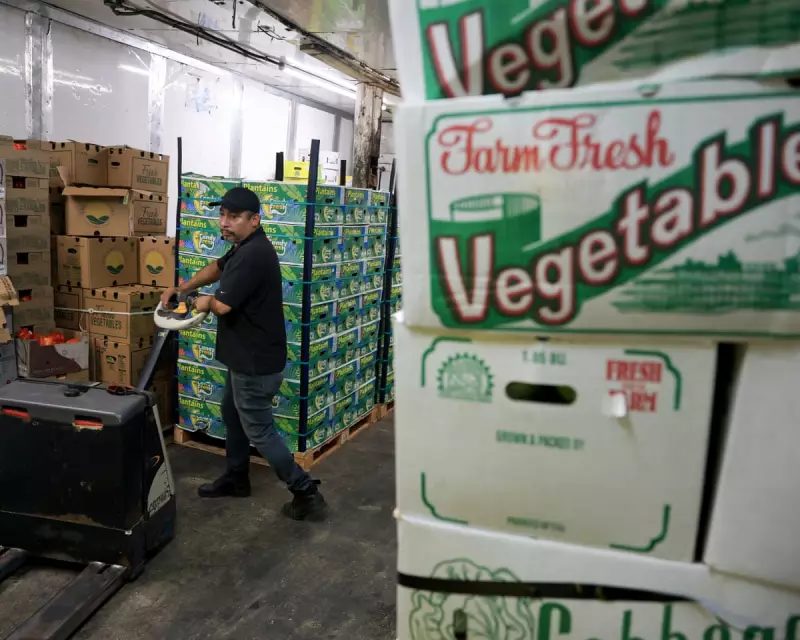
In a significant policy reversal, former President Donald Trump has signed an executive order to slash tariffs on a range of essential food imports, including beef, tomatoes, coffee, and bananas.
A Strategic Shift on Trade
The order, issued on Friday, grants exemptions that took effect retroactively from midnight on Thursday. This marks a stark departure for Trump, who has consistently denied that his import duties were contributing to inflation. The decision follows a series of electoral victories for Democrats in Virginia, New Jersey, and New York City, where the soaring cost of living emerged as a central issue for voters.
Just hours before the announcement, Trump had taken to Truth Social to claim, “costs under the TRUMP ADMINISTRATION are tumbling down.” This statement contradicted his earlier interview with CBS’s 60 Minutes, where he asserted, “We have no inflation. We have no inflation. Biden had inflation, and he didn’t have tariffs.”
The Global Trade Landscape Reshaped
The White House justified the move in a factsheet, stating Trump was “strengthening the US economy and national security by modifying the scope of the reciprocal tariffs.” It cited “substantial progress in reciprocal trade negotiations” as the reason it was now “necessary and appropriate” to make further modifications.
This policy shift follows the unveiling of a new trade pact with Switzerland, which will see US tariffs slashed from 39% to 15%. Furthermore, framework deals announced on Thursday promise to eliminate duties on certain goods from Argentina, Ecuador, Guatemala, and El Salvador once finalised. US officials are reportedly aiming to secure additional trade agreements before the end of the year.
Trump’s aggressive trade policy, which upended the global system earlier this year, involved a 10% base tariff on imports from all nations, supplemented by additional country-specific duties.
Political and Economic Fallout
As consumer frustration over high grocery bills continues, Trump has increasingly focused on affordability in recent weeks. He has persistently blamed policies enacted by his predecessor, Joe Biden, for any price increases, deflecting responsibility from his own tariff regime.
Economists warn that the tariffs have partly fueled grocery price inflation, with the full impact yet to be felt as companies begin to pass on the complete cost of the import duties to shoppers. A recent Harris poll conducted for The Guardian revealed a clear majority of Americans report their monthly expenses have risen by between $100 and $749.
The move was met with sharp criticism from political opponents. Richard Neal, the top Democrat on the House Ways and Means Committee, accused the Trump administration of “putting out a fire that they started and claiming it as progress.”
In a strongly-worded statement, Neal said, “The Trump administration is finally admitting publicly what we’ve all known from the start: Trump’s trade war is hiking costs on people. Since implementing these tariffs, inflation has increased and manufacturing has contracted month after month.”





